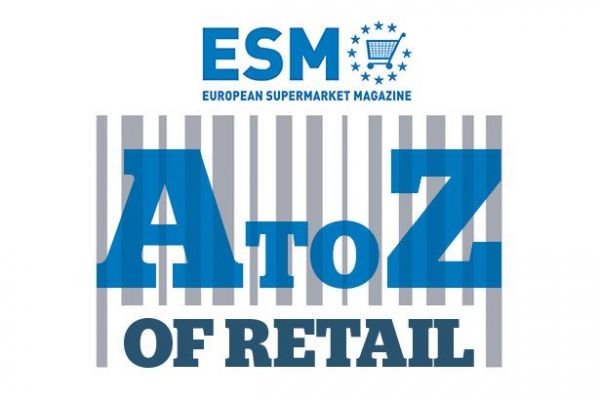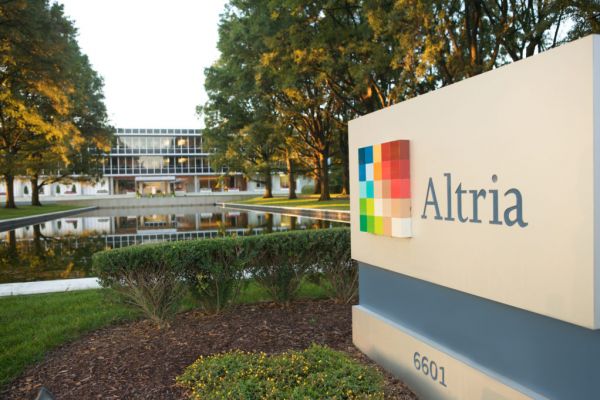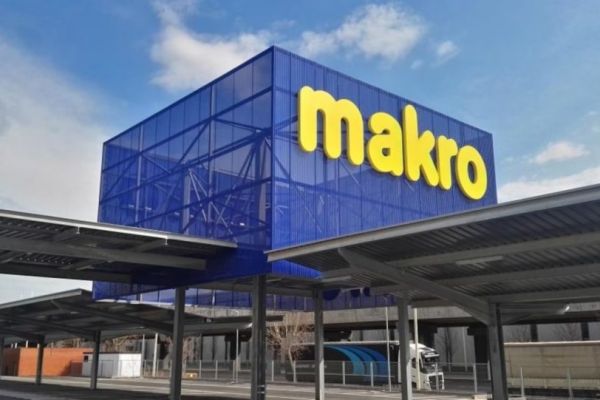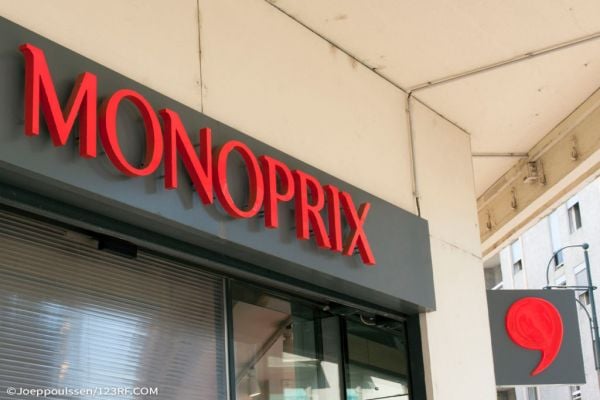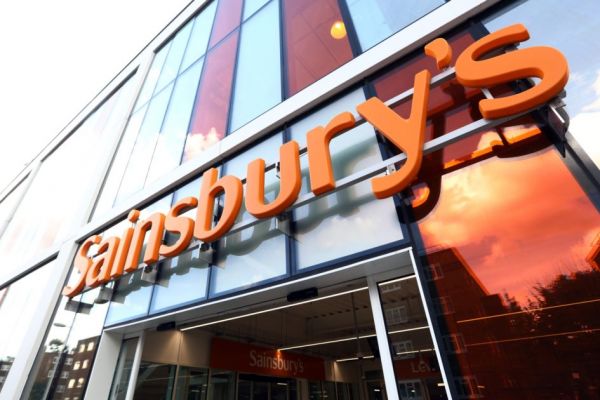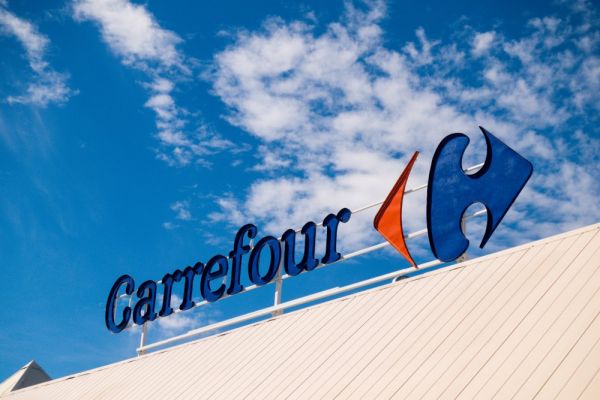ESM: European Supermarket Magazine is proud to launch 'The A-Z of Retail', a new subscriber-only series that offers a deep analysis of the retailers, suppliers and individuals making the news each week. Today: I is for Iceland.
For many people, Iceland evokes the dramatic landscape of hot springs and lava fields of the Nordic island nation in the far north of the Atlantic.
But in the world of retail, Iceland – the UK supermarket synonymous with frozen food – is generating plenty of heat of its own with its approach to plastic waste.
Last week, Iceland’s Richard Walker announced that the retailer will phase out plastic packaging for all its own brands by 2023, the first major UK retailer to do so.
“There really is no excuse anymore for excessive packaging that creates needless waste and damages our environment,” Walker said.
“The onus is on retailers, as a leading contributor to plastic packaging pollution and waste, to take a stand and deliver real and long-lasting change,” Walker said in a Youtube message entitled #TooCoolForPlastic.
The technologies and materials for producing a diverse range of non-plastic packaging are fast becoming commercially available, according to Iceland’s head of packaging, Ian Schofield.
“Within [many of our] ranges we’re now going to be using a new paper-based tray,” Schofield said. “We have a real opportunity here to make a huge difference to the environment.”
War On Plastic
Plastic packaging waste is set to become one of the big issues of 2018, with governments, NGOs and businesses vying to position themselves ahead of the environmentalist curve.
Last week, the European Commission launched the first ever Europe-wide strategy on plastics, which aims to make all packaging in the EU market reusable or recyclable by 2030.
The move came after China declared it would ban imports of “foreign waste” at the beginning of 2018, leaving EU regulators to examine more effective ways to recycle or dispose of the plastic waste piling up in ports across the bloc.
EuroCommerce, which represents Europe’s retail and wholesale sector, has come out in support of the new EU strategy.
Meanwhile, in the UK, Theresa May has pledged to eliminate all “avoidable” plastic waste by 2042, and proposed broadening the levy on plastic bags to small retailers, as well as introducing 'plastic-free aisles' in supermarkets.
And on Monday, amidst the rarefied air of the World Economic Forum in Davos, the Ellen MacArthur Foundation announced that 11 major names in brands, retail and the packaging industry have pledged to use 100% reusable, recyclable or compostable packaging by 2025.
Long Time Coming
“We’ve been working hard over the past 18 months to find alternatives to packaging made out of plastic,” Nigel Broadhurst, Iceland's joint managing director told LBC radio in London last week. “This has been something that’s been bubbling under in our business for a signifiant period of time.”
The retailer, along with The Co-op, also came out in support of a bottle deposit-return scheme, proposed by Greenpeace, which would see retailers increase plastic bottle prices and allow customers to get their money back when they return empty bottles.
Iceland’s peers in the UK have yet to take a stance as clearly as Richard Walker’s retailer. Some have started with more modest measures.
One example is the supermarket chain Waitrose, which pledged to stop selling private-label food products in the difficult-to-recycle black plastic packaging by the end of 2019.
However, in order to work towards sustainable solutions, retailers may increasingly need to come out in loud support in order to make a difference in the eyes of shoppers.
Furthermore, they will need to learn from other retailers for innovations that have already been trialled in other markets.
Initiatives like Coop Switzerland’s reusable produce bags, or German retailer Rewe’s laser-printed bar codes are likely to become ever more popular in the future.
The new EU strategy has paved the way for plastic packaging in Europe in the decades to come. Now, as Walker said, the onus is on other retailers to follow suit.
© 2018 European Supermarket Magazine – your source for the latest retail news. Article by Kevin Duggan. Click subscribe to sign up to ESM: The European Supermarket Magazine.
